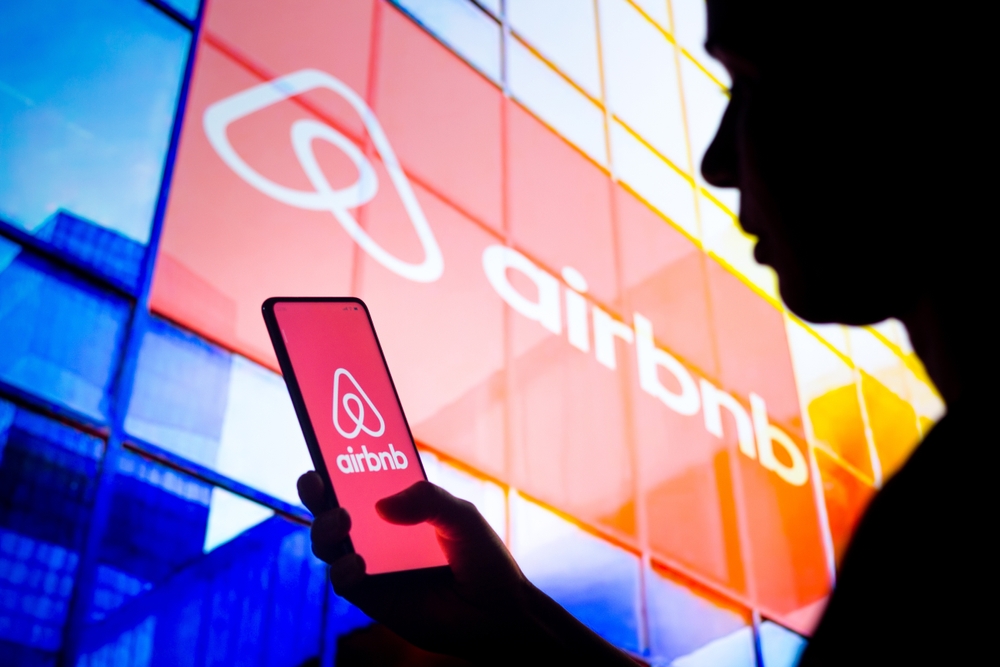The rising tide of home prices in the United States has prompted a scramble for answers, and one factor often thrust into the spotlight is the influence of Airbnb short-term rentals. This contentious issue resonates strongly in the housing markets of Scottsdale and Phoenix, Arizona. While these rentals seem the apparent culprit behind housing shortages, a deeper analysis reveals a complex interplay of factors contributing to the housing dilemma.
Since the Great Recession, the scarcity of available homes has been a thorn in the US housing market. The COVID-19 pandemic only worsened the situation, with supply chain disruptions, labor shortages, and soaring raw material costs causing residential development to crawl at a snail’s pace. The problem is further compounded by real estate investors snapping up single-family homes and converting them into rental properties, including short-term rentals on platforms like Airbnb.
Data firm AirDNA has shed light on the phenomenon, revealing an increase in short-term rentals (STRs) in major markets like Philadelphia, Miami, and San Diego even before the pandemic hit. NBC Boston reported that this surge has contributed to a decrease in housing inventory for potential buyers, echoing a trend that resonates in Scottsdale and Phoenix, Arizona.
Debates about how Airbnb’s influence impacts home prices continue to rage on. The year 2023 promises more clarity, with Reventure Consulting CEO Nick Gerli predicting a “wave of forced selling” by Airbnb owners, potentially flooding the market with more homes and consequently driving prices down. However, skeptics argue that the housing market’s intricacies can’t be altered significantly in the short term.
Zillow’s senior economist, Jeff Tucker, suggests that the housing deficit has accumulated over the past decade. He emphasizes that the acute scarcity from 2008 to 2018 can’t be overturned in a single year, requiring sustained efforts by builders to offset the shortage.
AirDNA’s research estimates that short-term rentals might only be accountable for a modest 1% to 4% of the recent rise in housing prices. This prompts a compelling question: Can reintroducing these STRs into the market significantly shift the needle? Experts offer mixed perspectives.
Alexander Hermann, a research associate at Harvard’s Joint Center for Housing Studies, points out that while short-term rentals might not single-handedly cause supply challenges, they could exacerbate existing issues.
In regions like Scottsdale and Phoenix, the intricacies of Airbnb’s impact mirror the broader narrative. Grant Van Dyke, associate broker with RE/MAX Fine Properties, the Van Dyke Group, offers insights. He highlights that the housing shortage is tied to a failure to plan for the growth these areas have experienced. While short-term rentals could play a role, the larger issue centers on the shortage of genuinely affordable housing amid burgeoning demand.
As the housing markets in Scottsdale and Phoenix grapple with affordability concerns, the role of Airbnb short-term rentals is pivotal but far from conclusive. While they may play a part in the shortage of housing inventory, experts underscore the situation’s complexity, with issues spanning over a decade and involving multiple factors. The notion that the influx of short-term rentals can immediately and significantly transform the housing market is met with skepticism, highlighting the need for a nuanced and comprehensive approach to understanding and resolving the ongoing housing crisis.






